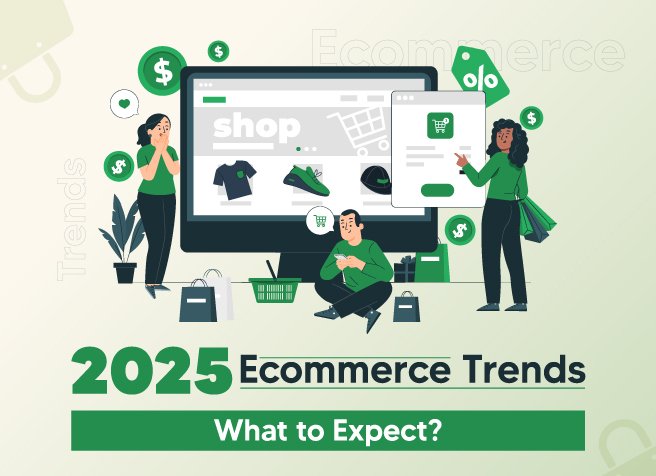Introduction
Ecommerce trends for 2025:
Personalized Communication with Generative AI
Clients also demand a seamless user experience and speedy loading times, making it vital to invest in the best Ecommerce website development packages with Shopify, WooCommerce, etc to ensure you deliver that to your customers.
AR/VR integration
Hyper-personalization
In the upcoming ecommerce trends, businesses can use AI and ML to create a more engaging shopping journey for each customer, making the customer feel noticed, leading to increased sales and lesser returns. Moreover, custom ecommerce website development allows marketers to create stores with UI/UX designs, enhancing the overall experience for visitors.
Enhanced security
Omnichannel
Conclusion
At Online Store Builder, our skilled developers and designers work hard to create a visually stunning, responsive ecommerce store. Moreover, integrating UI/UX designs that amplify the user experience can make your store interactive and increase conversions. Visit our website and contact us now to create a seamless online store experience for your future clients!
